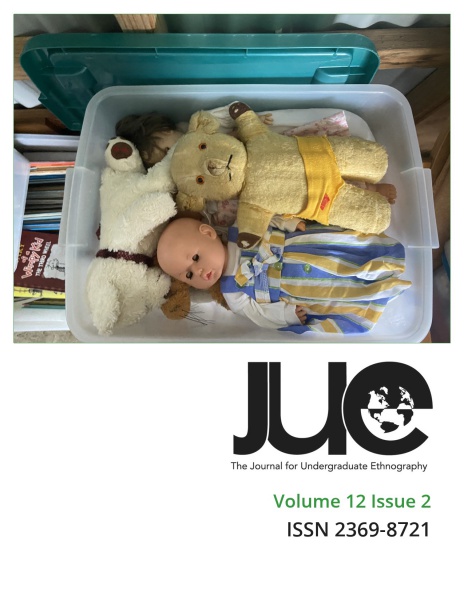The Key to Translation: An Examination of Children‘s Human Rights Under Government Care and Protection in Manchester and Santa Cruz, Jamaica
DOI:
https://doi.org/10.15273/jue.v12i2.11411Palavras-chave:
children‘s rights, human rights, participation rights, child protection, vernacularizationResumo
According to the Care and Protection Act of Jamaica (2004), protection and provisional rights have historically taken precedence over the participation rights of children – that is, the right to freely express views and maintain a voice in decisions that affect them. To fulfill the participation rights of children, as outlined by the United Nations Convention on the Rights of the Child (CRC), government organizations are encouraged to develop practices that optimize the individual freedom, autonomy, and views of children. I conducted an ethnographic study of the practices used to address the human rights and social needs of abused and neglected children placed under government care and protection in Manchester, Jamaica. My ethnographic research reveals how government staff and caretakers prioritized children‘s participation rights, giving them input into their standard of care. As such, it illustrates the process of “vernacularization,” which refers to the translation of global human rights ideas to socially relevant norms in communities.Downloads
Publicado
2022-07-06
Edição
Secção
Articles


